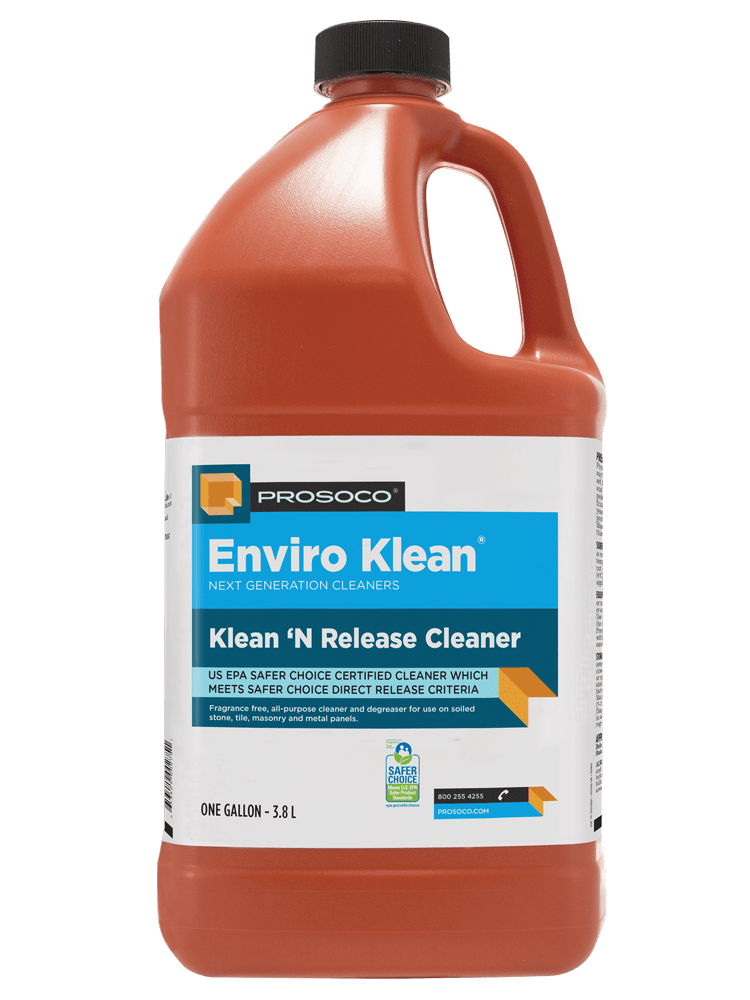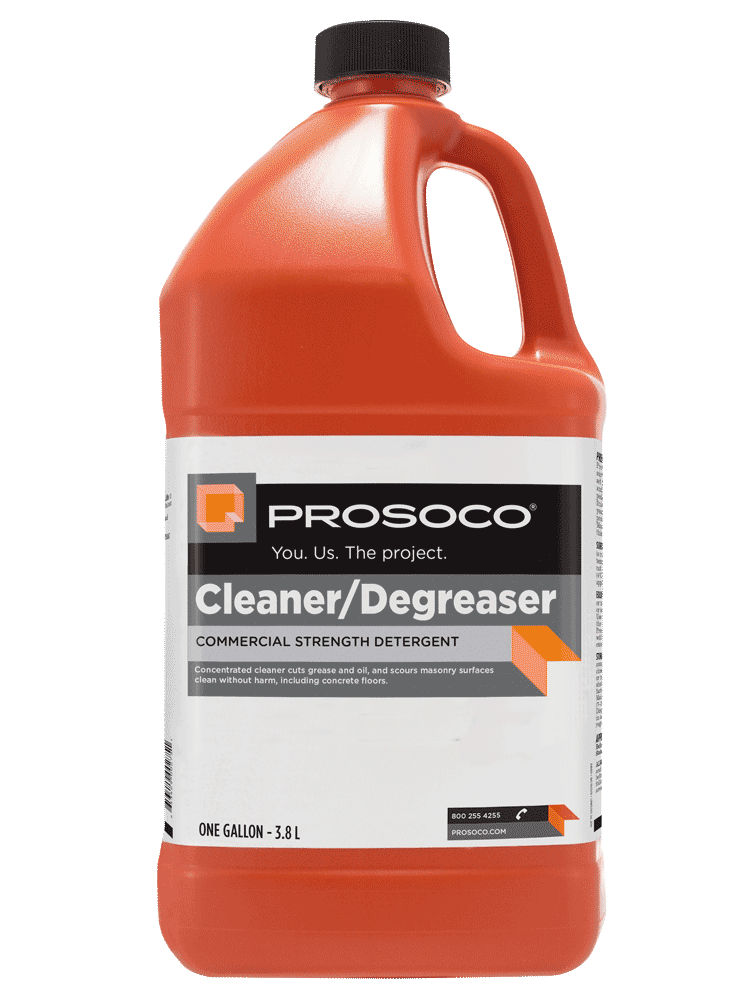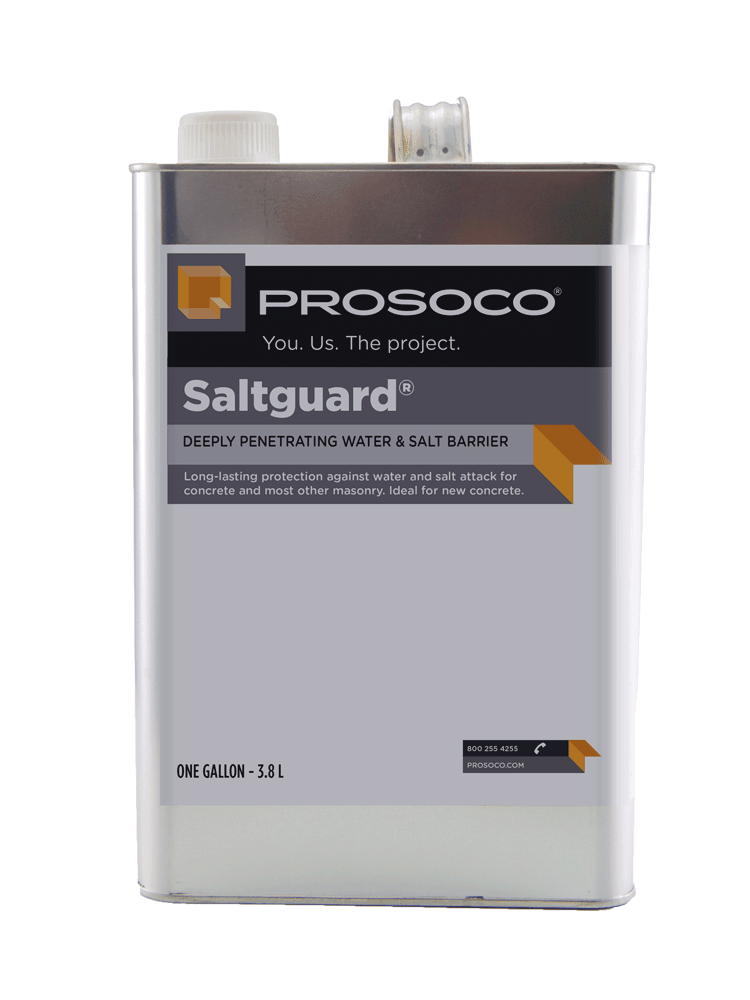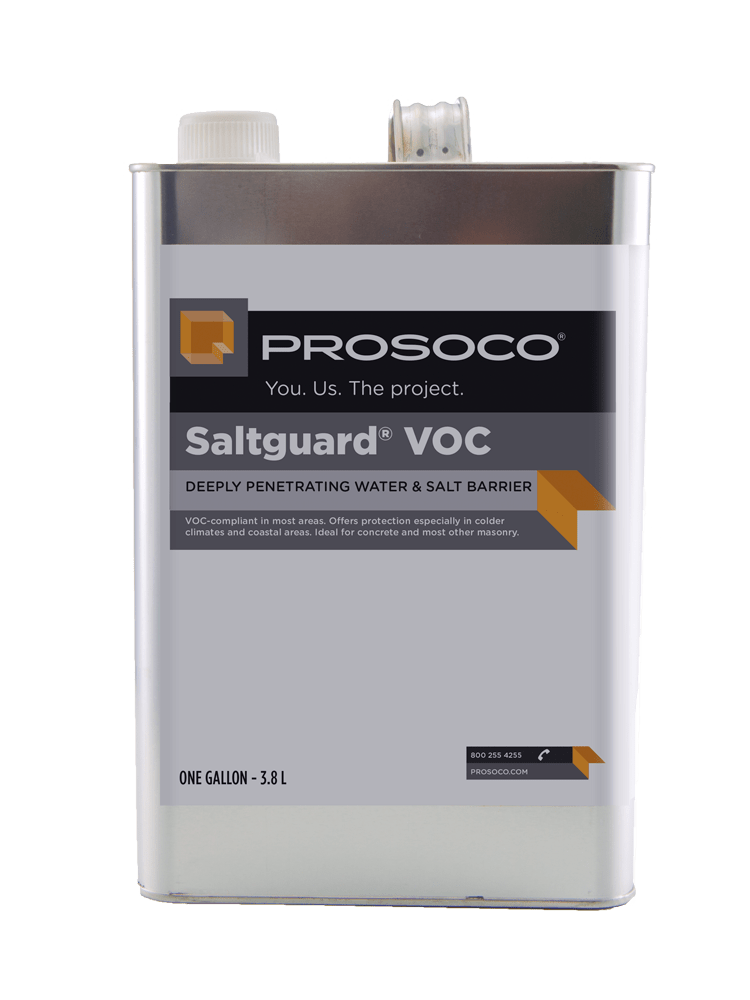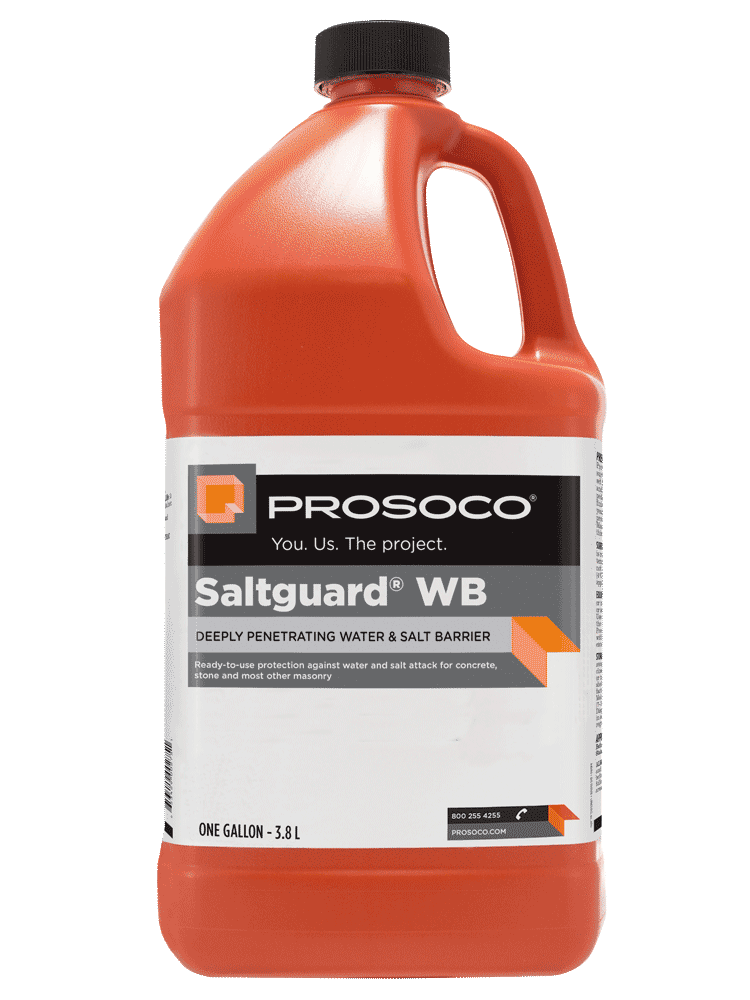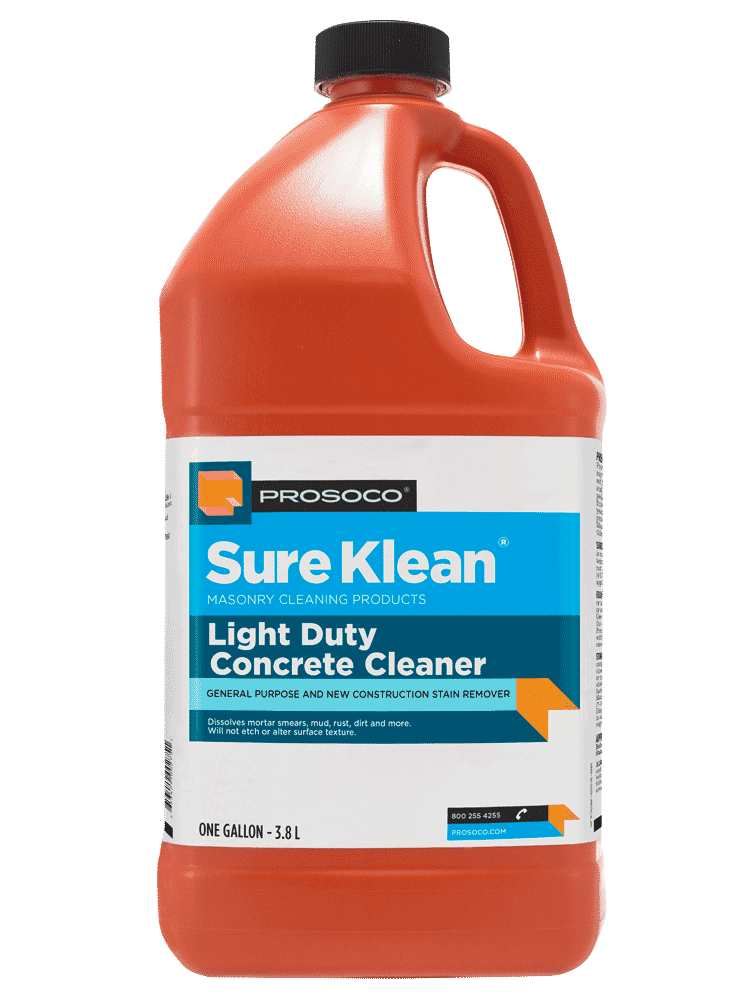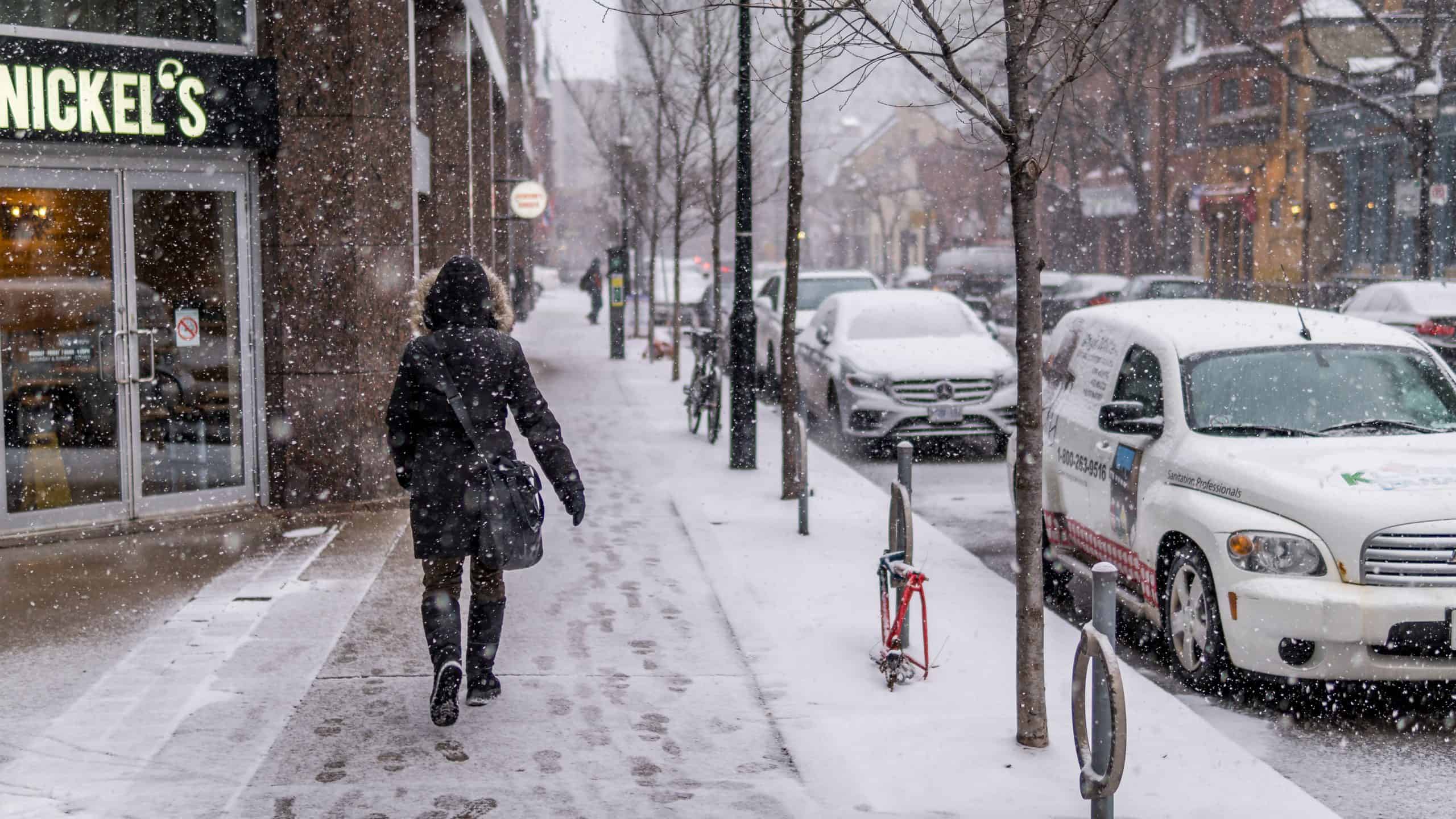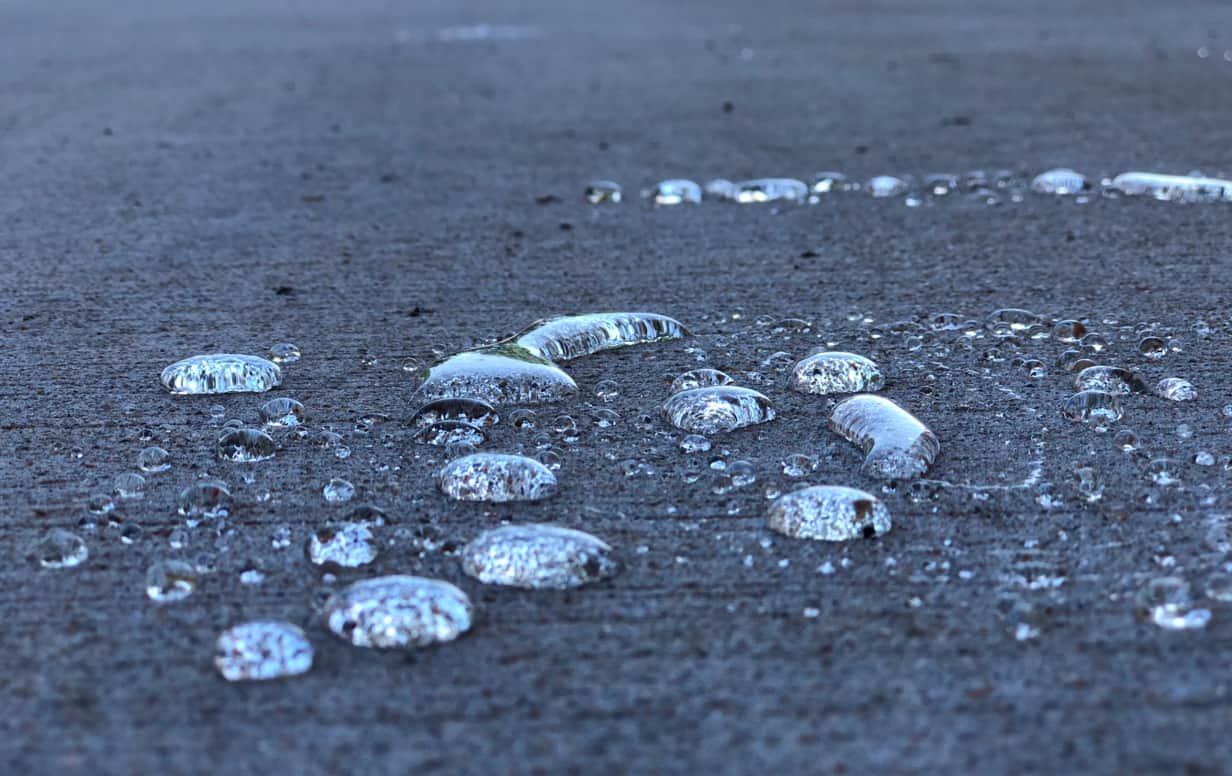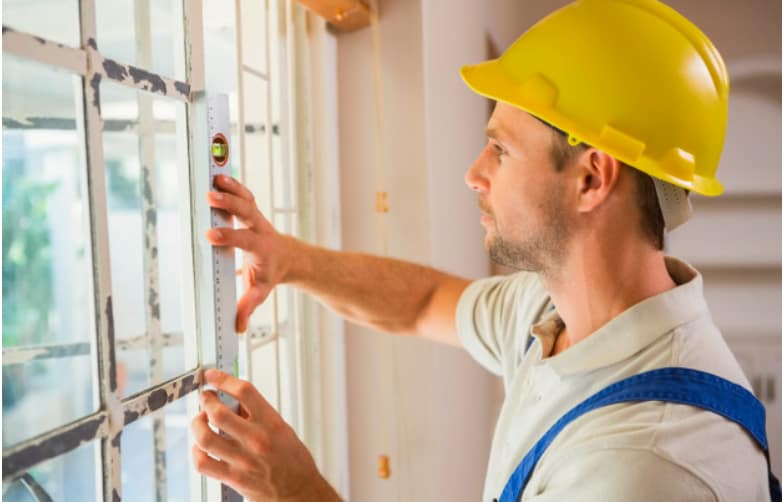When we hear “winterize,” we might think of battening down the proverbial interior hatches and making sure inclement weather doesn’t have a chance to intrude on our cozy winter existence. We replace furnace filters, turn off outside hoses and in colder climates, drain them, we check our furnace, schedule our annual chimney sweep appointment and make sure we have a cache of water, food and batteries in case of storm-related power outages. Most often, these winterizing jobs require no great acumen beyond making sure that we cross them off our list. By doing these things before the snow falls, however, we save ourselves a world full of inconvenience.
In this process, however, we walk right over and past extremely important steps involving the exterior of our homes, including the driveway, sidewalks, garage and hardscape cleanup and weatherproofing. Especially for those living in snowy geographic areas or coastal regions where there are substantial amounts of salt in the air, weatherproofing and winterizing can prevent damage, and save time and money. Preventing penetration of salt in concrete today is much more cost-effective than fixing the damage after it occurs. Left untreated, water and salt can lead to costly damage such as rust, spalling, buckling and other serious problems.
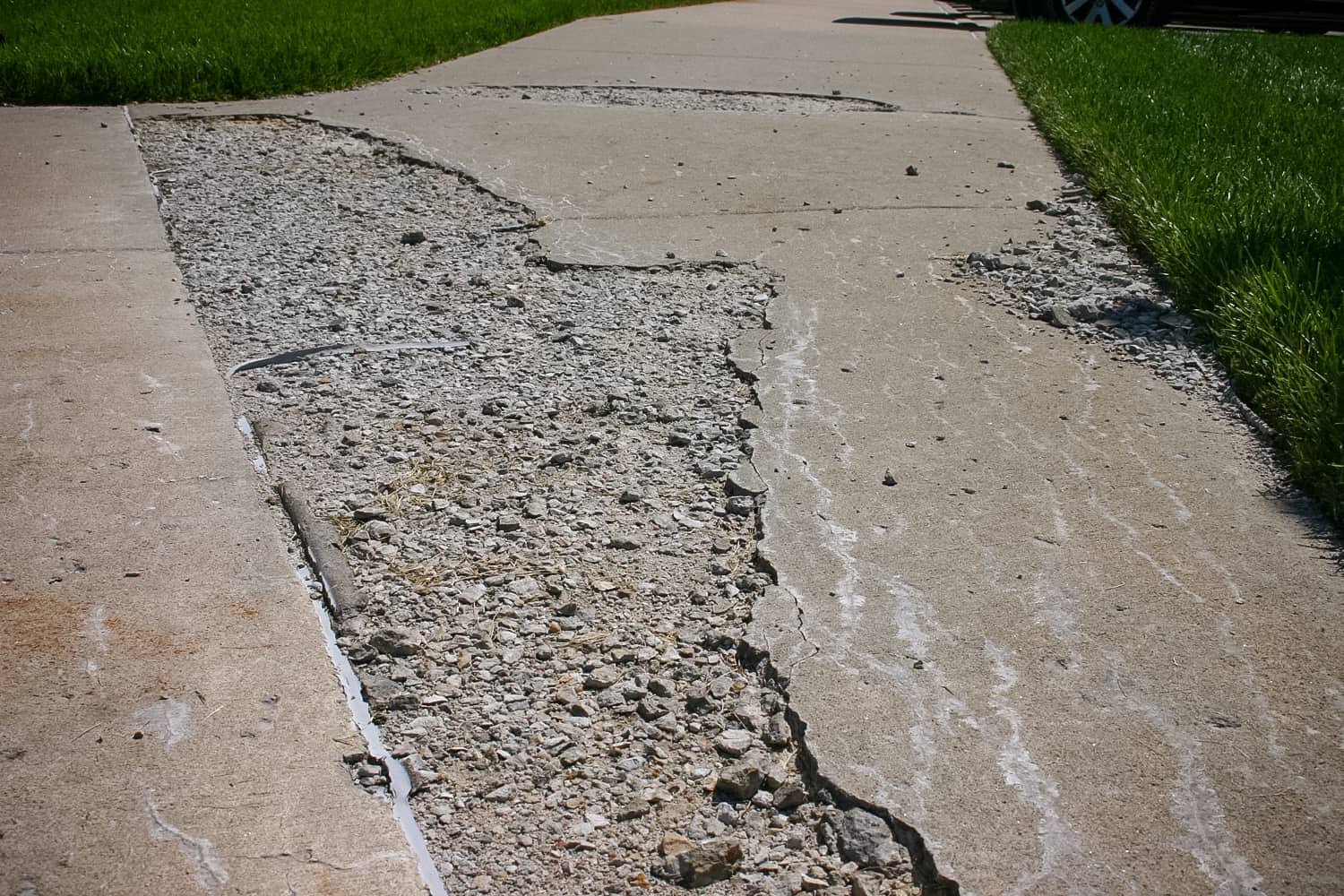
The PROSOCO family of products is ideal for the winterizing your home’s exterior, from cleanup to preventative maintenance that will last years. Here are a half-dozen steps to take to ensure that driveways, sidewalks, garage floors—anywhere rock salt can do damage—are as winter-proofed as the inside of your home. These steps and the recommended products by PROSOCO will help you retain the beauty and longevity of your driveway, walkways and other exterior concrete and masonry surfaces.
General Cleaning
As with any protective coating, it’s important to ensure that the surfaces to be protected are clean. This is also applicable to concrete surfaces. They should be cleaned of general dirt and spot stains. A good cleaner to remove the grime and dirt off a driveway, sidewalk or other surface you plan to protect is PROSOCO’s Klean ‘N Release Cleaner. Not only does it effectively clean surfaces of dirt, it also is certified with the EPA Safer Choice program, meaning it’s safer for people, pets, plants, lawns and wildlife.
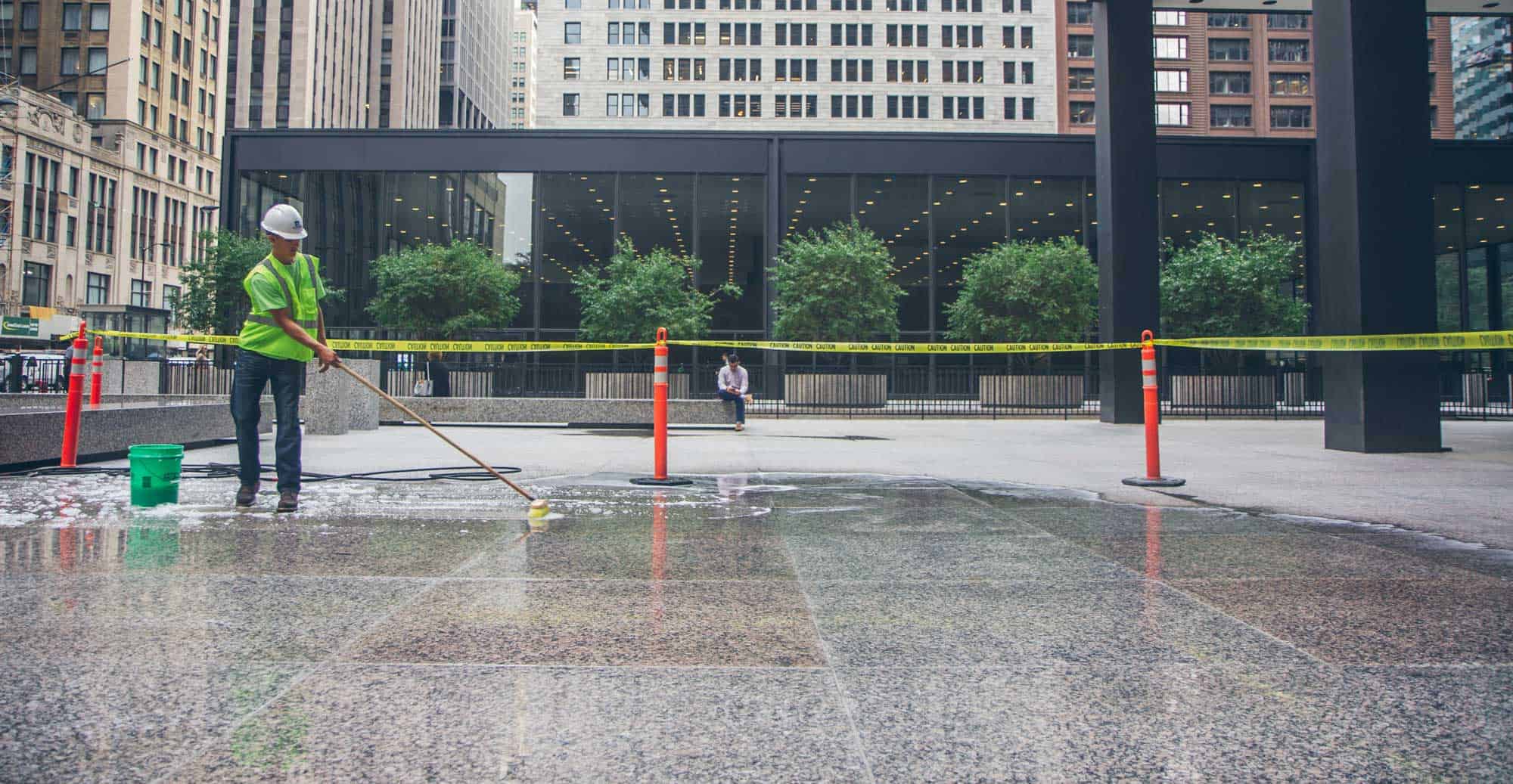
Removing Oil and Grease
Oil and grease happen, especially in driveways. Before using products to protect concrete from the elements, a good cleaner for general staining is PROSOCO’s Cleaner/Degreaser, which cleans surfaces of dirt buildup, atmospheric soiling and other stains. Ensuring a clean surface before you protect will maximize effectiveness of a protective treatment or salt barrier like Saltguard.
Hard Stain to Remove?
If you’re working with a stubborn, deep-set oil or grease stain, you might need a cleaner for these specific stains like PROSOCO’s Oil & Grease Stain Remover. This product is specifically designed to attack deeply set grease and oil stains. When poured onto a stain, this ready-to-use poultice spreads out to the correct thickness. It requires no mixing, troweling, plastic covering or tape. As the poultice dries, it pulls the contaminants out of the substrate and becomes cracked. Once completely dry, the poultice can be easily swept up and disposed of.
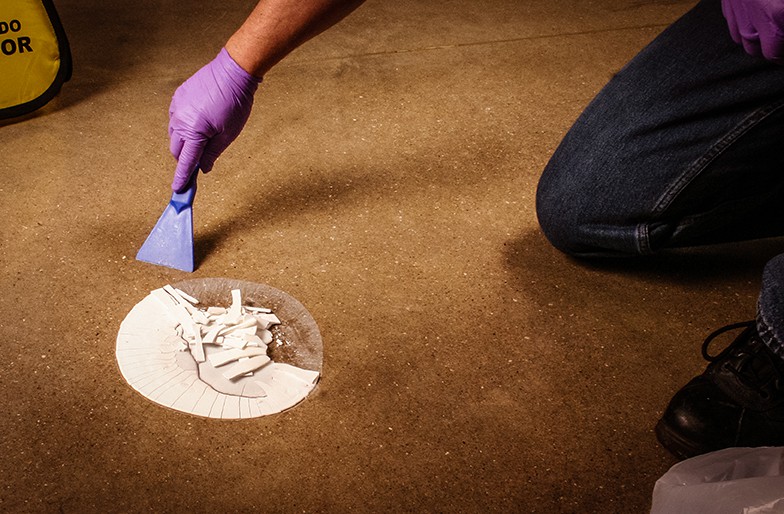
Remove Ugly Rust Stains and More
Rust is particularly difficult to remove from concrete and masonry. PROSOCO’s Light Duty Concrete Cleaner is a general-purpose, non-etching acidic cleaner that removes rust as well as mud, atmospheric dirt, mortar smears and other stains without altering the surface texture in any way. The cleaner also removes common construction and atmospheric staining from a variety of substrates, so it is ideal for post-new-construction cleaning.
Protect Surfaces from Salt
Designed to handle the destructive nature of winter rock salt use, PROSOCO’s Saltguard, Saltguard VOC, and Saltguard WB protect surfaces from damage caused by salt and annual freeze-thaw cycles.
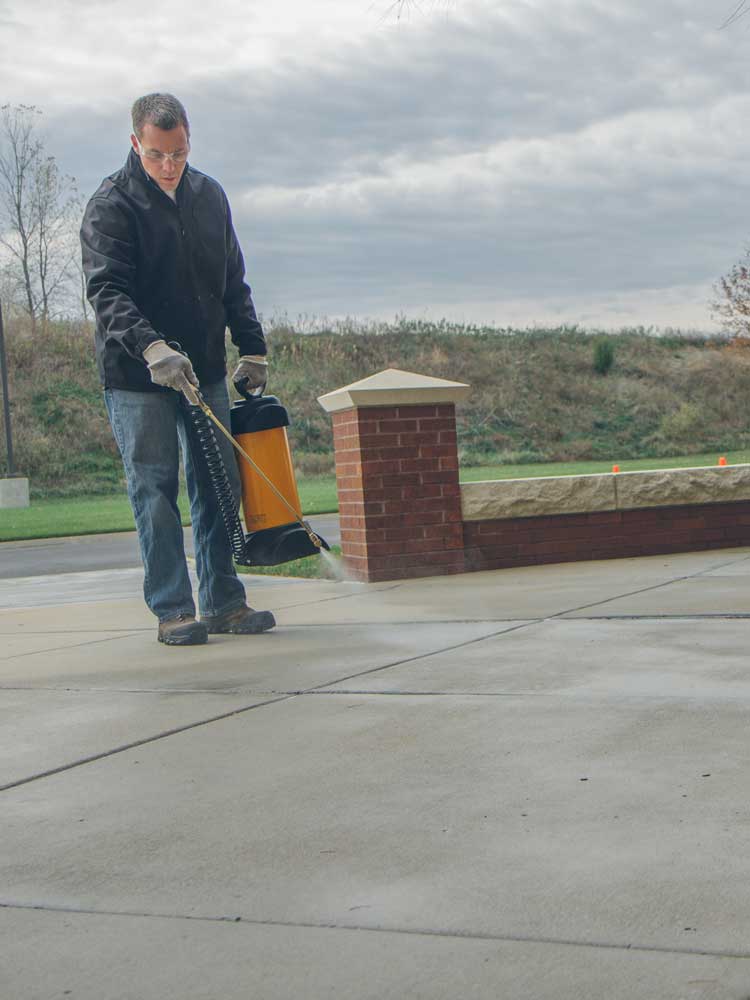
Beginning in the late summer to early fall, when temperatures are between 40° and 90°F, it’s time to prepare and protect your driveways, sidewalks, parking lots and other masonry surfaces from the effects of the coming winter. All three of the Saltguard options are applied during warm and dry conditions so there is sufficient time to cure. Each of the three, however, has its particular focus:
- Solvent-based original Saltguard is a water repellent and chloride screen for concrete and masonry that protects against moisture intrusion and chemical attack. It also reduces the chance of rebar corrosion and surface spalling.
- Saltguard WB is PROSOCO’s water-based version used for deep penetration that is compliant in individual state and district jurisdictions that are more restrictive than the U.S. EPA rule. It is commonly used in coastal regions with high salt content in the air to reduce rebar corrosion on residential sidewalks and patios as well as larger commercial applications.
- Saltguard VOC is the newest solvent-based formula designed to comply in most VOC- restricted markets and when a solvent based product may be required for adequate penetration.
What’s important to know is that once you apply any of the Saltguard products, the application will last up to 10 years or more.
Expand Your Winterization Checklist
Winterization steps should expand to include the exterior of your home, well beyond blowing out irrigation systems at summer’s end and putting away the patio furniture and grill. Concrete walkways, driveways and even our garages need winterization to prevent unnecessary destruction caused by salt. PROSOCO cleaners and Saltguard products should be on every cold-climate homeowner’s list.
![]()


